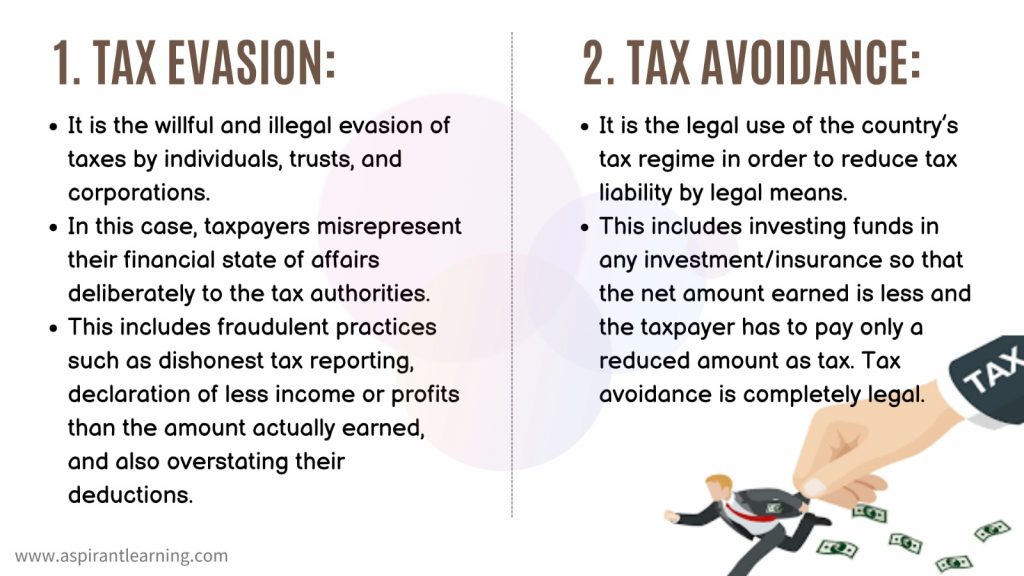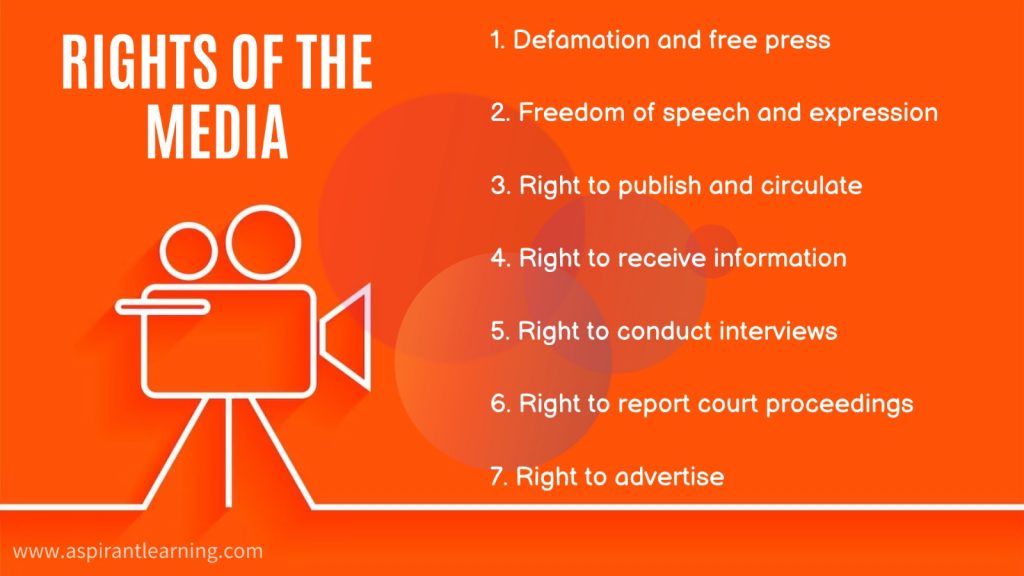News Highlights:
- Recently, the Income Tax Department carried out a “survey action” on the offices of the British Broadcasting Corporation (BBC) in New Delhi and Mumbai.
- After the three-day survey, the IT Department claimed that it had found tax-related irregularities.
- Many media organisations, such as the Press Club of India, have described the raids as “deeply unfortunate” and termed them as “intimidation”.
Key Takeaway:
Since 2018, there have been at least 10 reported instances of device searches that impact press freedom.
What is IT Search and IT Survey?
- Overview:
- The Income-tax Act of 1961 provides IT search in Section 132 and IT survey in section 133.
- However, both are being conducted when there is an allegation of illegal evasion of taxes, i.e. either not paying or underpaying the taxes.
- Section 133 (IT Survey):
- A survey conducted under Section 133A of the I-T Act is usually a precursor to a search and seizure operation and only occurs at business premises.
- During a survey, I-T officials examine the books of accounts, bank accounts, cash, stock, and non-valuable documents.
- Section 132 (IT Search):
- A “search” typically refers to what is called a “raid”, although the word ‘raid’ has not been defined anywhere in the Income-Tax Act.
- However, “search” has been defined under Section 132 of the Act.
- As per it, IT officials can search the taxpayer’s houses or residents, not just offices.
- IT officials can even seize any such books of account, other documents, money, bullion, jewellery, or other valuable articles or things found as a result of such search.

Freedom of Media and Democracy:
- Significance:
- A free exchange of information and knowledge, free exchange of ideas, debating, and expression of different points of view are all necessary for democracy to function properly.
- A free press can inform citizens about the successes and failures of their leaders.
- It communicates the needs and desires of the people to government bodies, allowing informed decisions to be made and society to be strengthened as a result.
- It encourages open discussions of ideas, allowing individuals to participate fully in political life.
- Accountability:
- Free media makes the people question the government’s decisions and hold it accountable.
- Media improve domestic accountability by putting issues that directly concern the interests of citizens and public institutions on both public and political agendas.
- 4th pillar of democracy:
- The term Media: Fourth Pillar of Democracy is coined by Thomas Carlyle.
- The media play an indispensable role in the proper functioning of a democracy.
- Media’s functions within electoral contexts often focus on their “watchdog” role: unfettered scrutiny and discussion of the successes and failures of candidates, governments, and electoral management bodies.
- The media can inform the public of how effectively they have performed and help hold them accountable.
- Voice of the Marginalised:
- Because the free media is the voice of the masses, it gives them the right to express their opinions.
- As a result, free media is essential in a democracy.

Threats to Press Freedom:
- Fake News:
- The government’s regulation pressure, the bombardment of fake news, and the influence of social media all pose a dangerous threat to the occupation.
- Paid News:
- Paid news, advertorials, and fake news threaten free and unbiased media.
- Attacks on Journalists:
- The safety of journalists is the most pressing concern; killings and assaults on journalists covering sensitive issues are widespread.
- Hate speech directed at journalists is shared and amplified on social media.
- Reports such as ‘Freedom in the World 2021 (Freedom House, US),’ ‘2020 Human Rights Report (US State Department),’ and ‘AutocratisationGoes Viral (V-Dem Institute, Sweden)’ have all highlighted journalist intimidation in India.
- Biased Media:
- Corporate and political power has overwhelmed large sections of media, both print and visual, resulting in invested interests and the destruction of freedom.
Conclusion:
- The Press Council of India, a regulatory body, can warn and regulate the media if it finds that a newspaper or news agency has violated media ethics.
- The News Broadcasters Association (NBA), representing private television news and current affairs broadcasters, should be granted statutory status.
- To restore faith in media without compromising its freedom, public education, strengthening of the regulations, and efforts by tech companies to develop a suitable algorithm for news curation will be required.
Pic Courtesy: Freepik
Content Source: The Hindu



